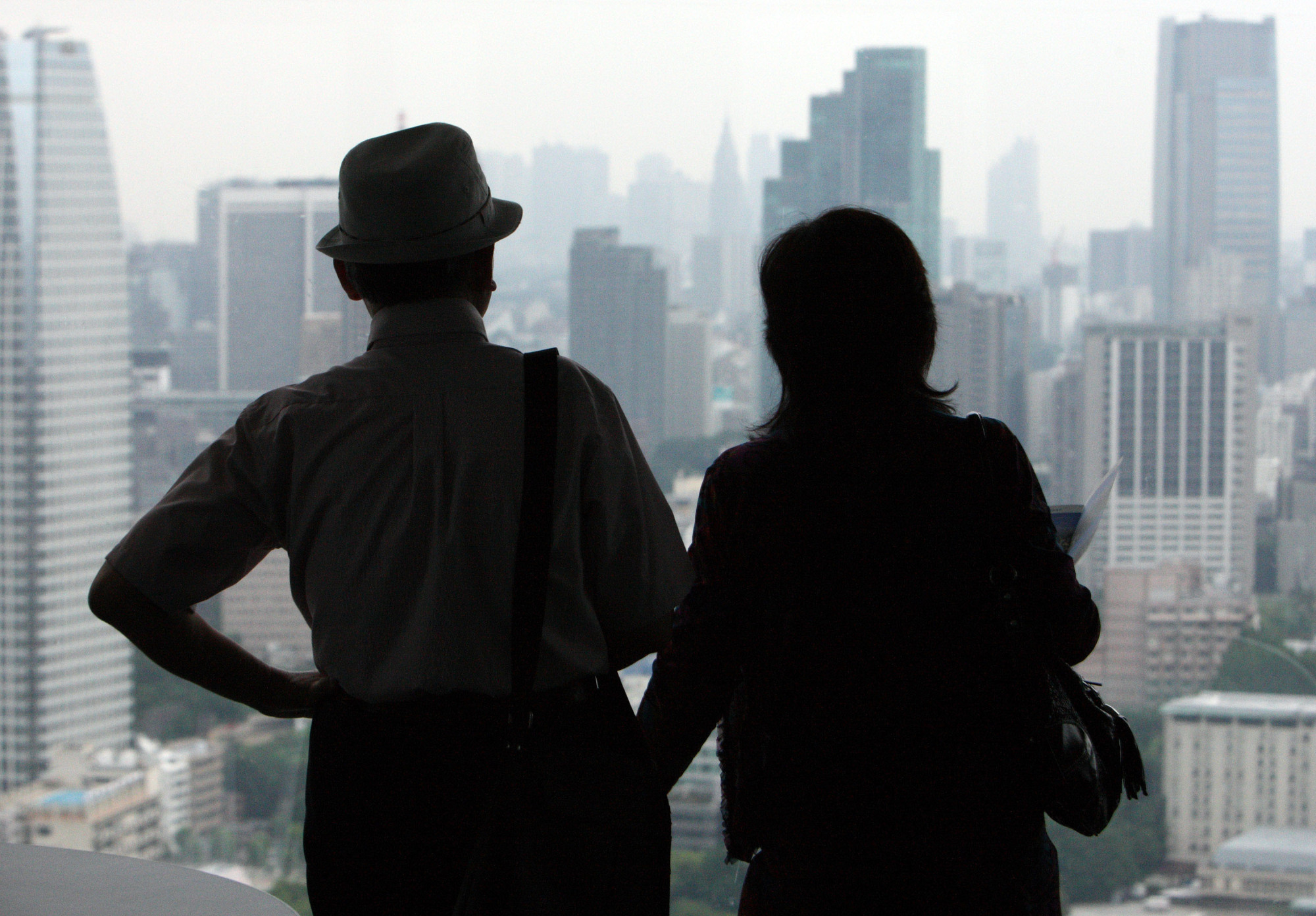Sept. 18 is Respect for the Aged Day in Japan. When the half-century-old national holiday first started, senior citizens 65 or older were a mere 6 percent of Japan's total population. Fast forward to today and approximately one out of four Japanese citizens fall into this demographic segment. By 2060, a startling 40 percent of Japanese citizens will be afforded respect and put atop a pedestal on the third Monday of every September. By then, we might as well designate a Respect for the Young Day, as young Japanese will be such a rare commodity. It is truly uncharted territory for any country to experience such a sea change in broad, societal demographics.
The notion of recognizing our elderly for their contributions is indeed a noble one. After all, we were all children at one point in our lives and we were nurtured, loved and protected by our parents and grandparents. We owe our elderly a great debt of gratitude. However, the demographic strains imposed on our broader society, due to caring for the elderly, is no longer a simple matter of generational obligation. The problems are multifaceted: A snowballing deficit due to funding social welfare for seniors, a severe shortage of nursing and medical professionals, growing physical and emotional burdens imposed on our caregivers, a shrinking younger population, a tightening labor market, increased traffic accidents involving senile drivers ...the list of daunting challenges goes on and on for a graying Japan. Who can blame our younger generations for feeling they got the "short end of the stick?"
In fact, "rōgai," literally meaning troubles caused by elderly people, has recently emerged as one of the most frequently used words in Japan. A few decades ago, rōgai did not exist in our standard vocabulary. With rōgai becoming more commonly heard, uneasy feelings directed at the elderly have begun to creep into the psyche of younger Japanese.



